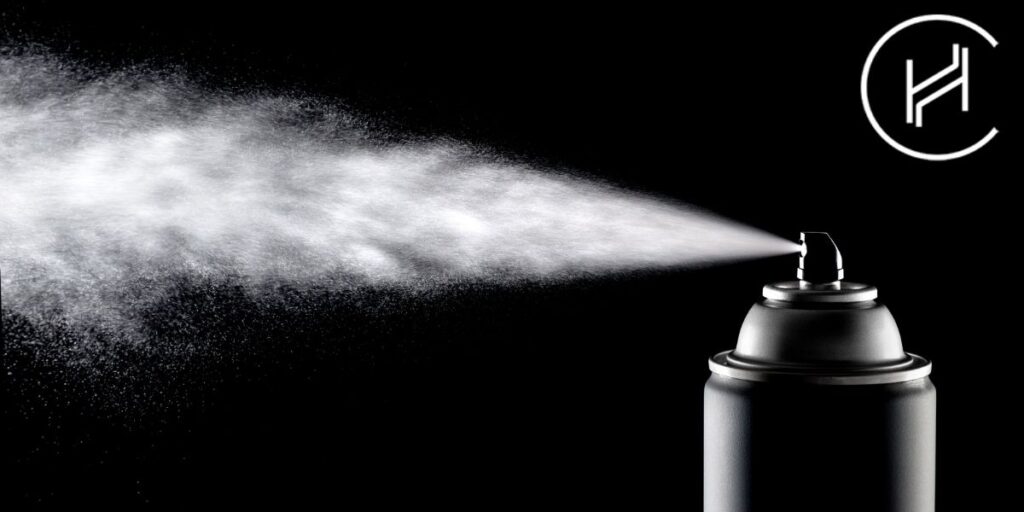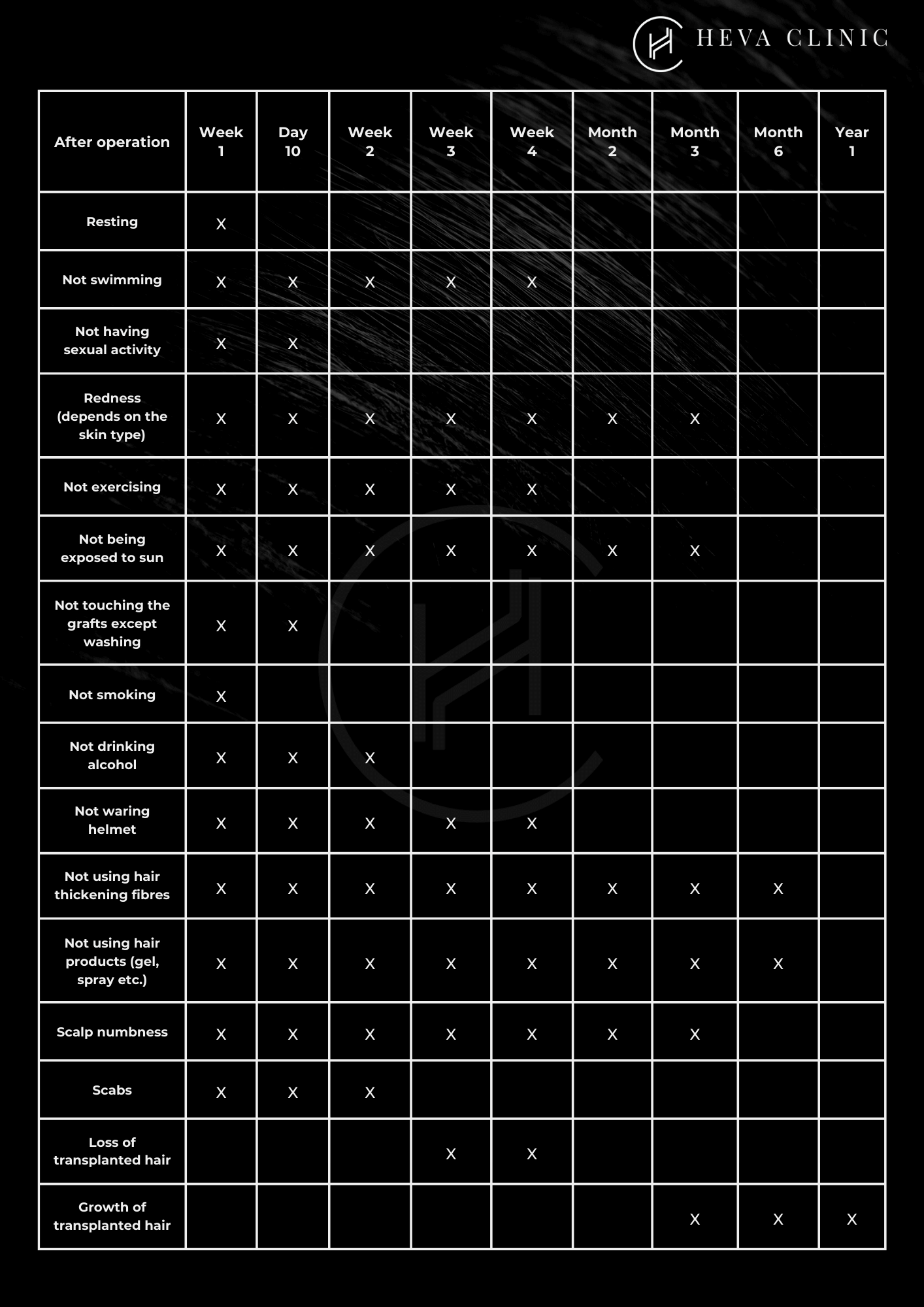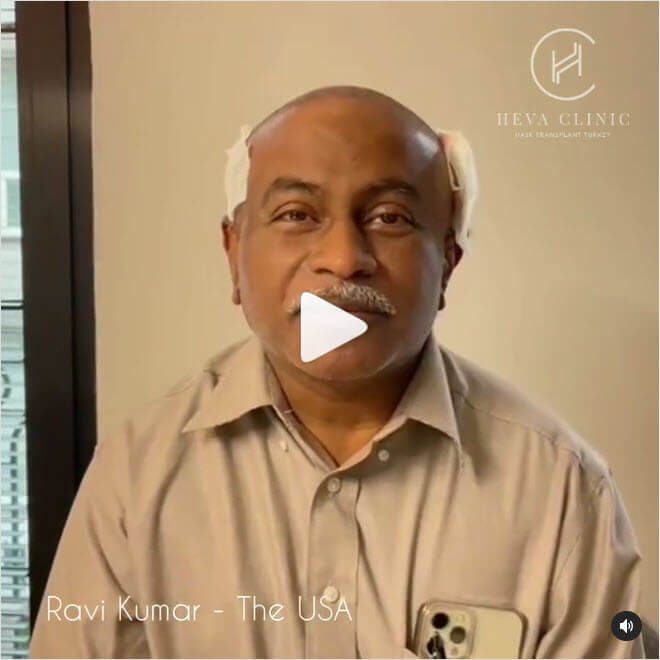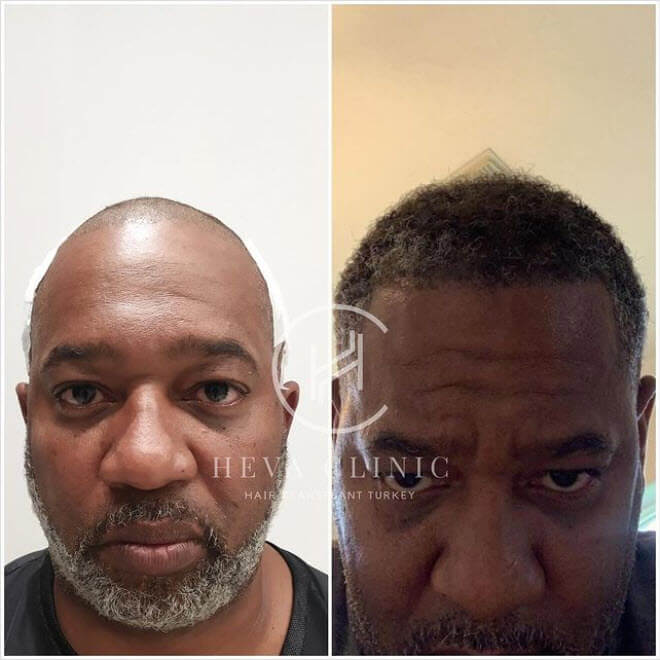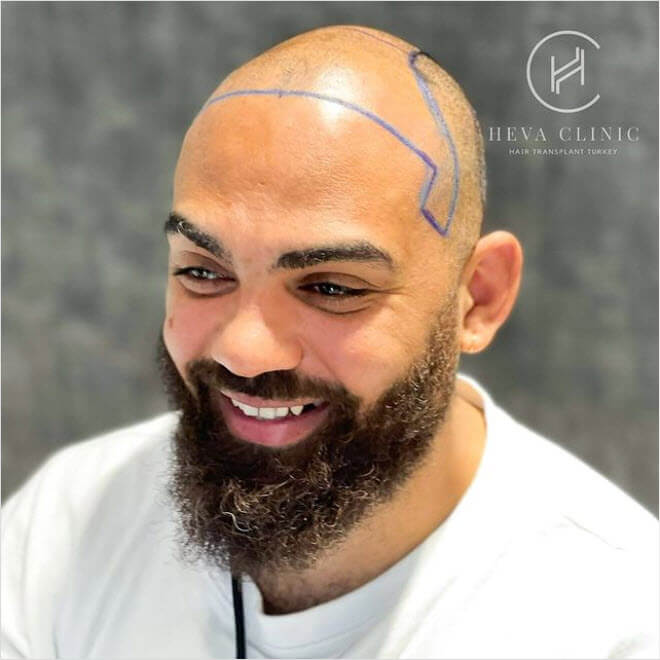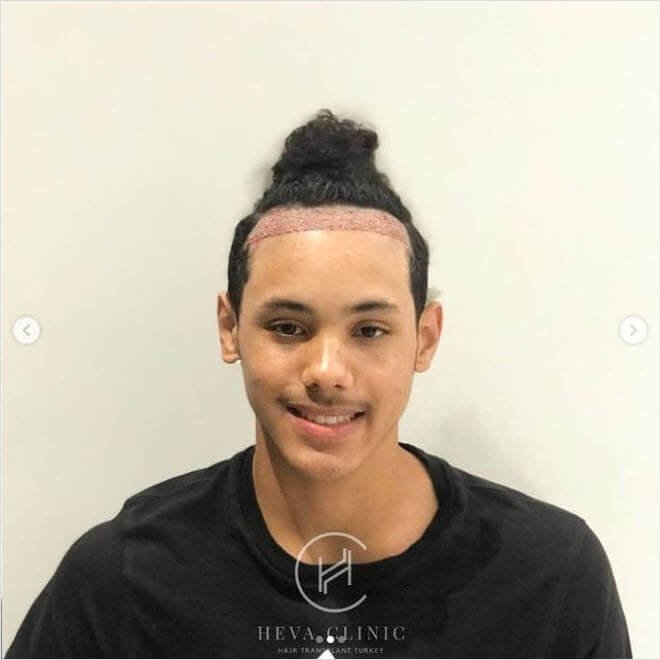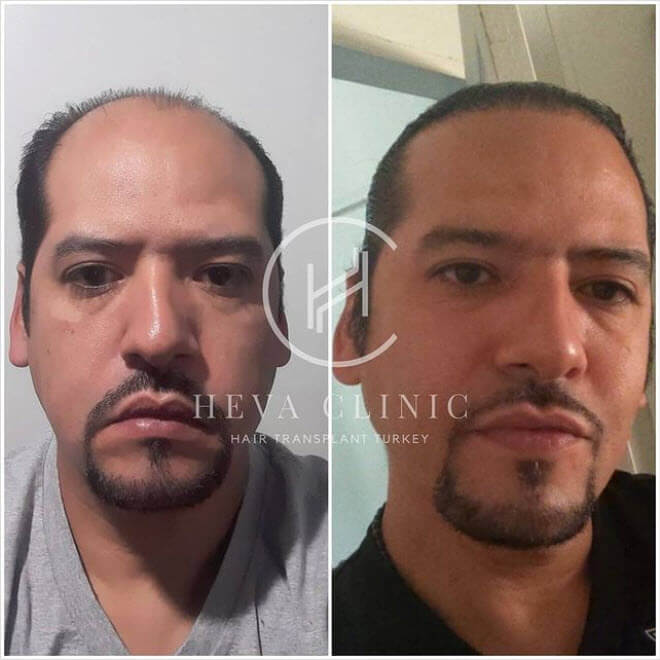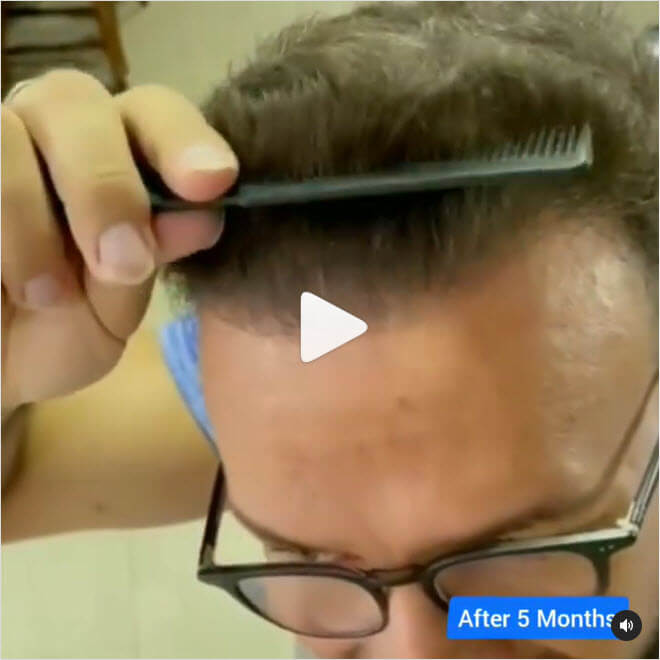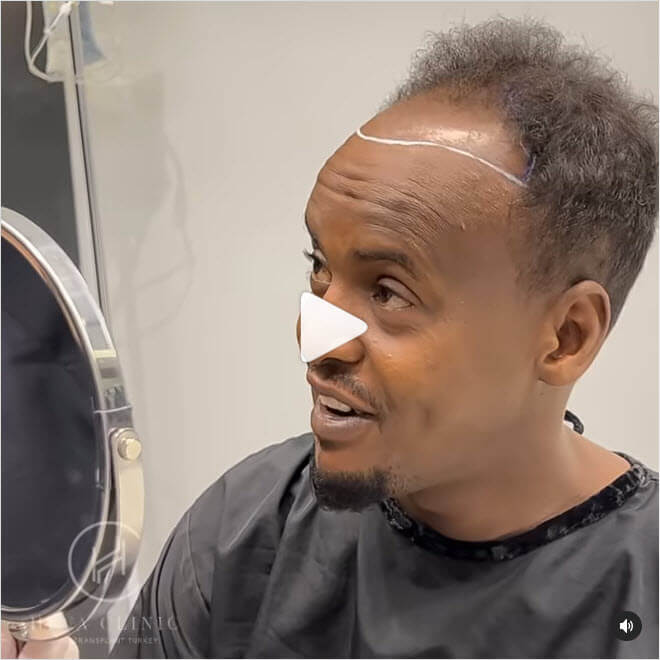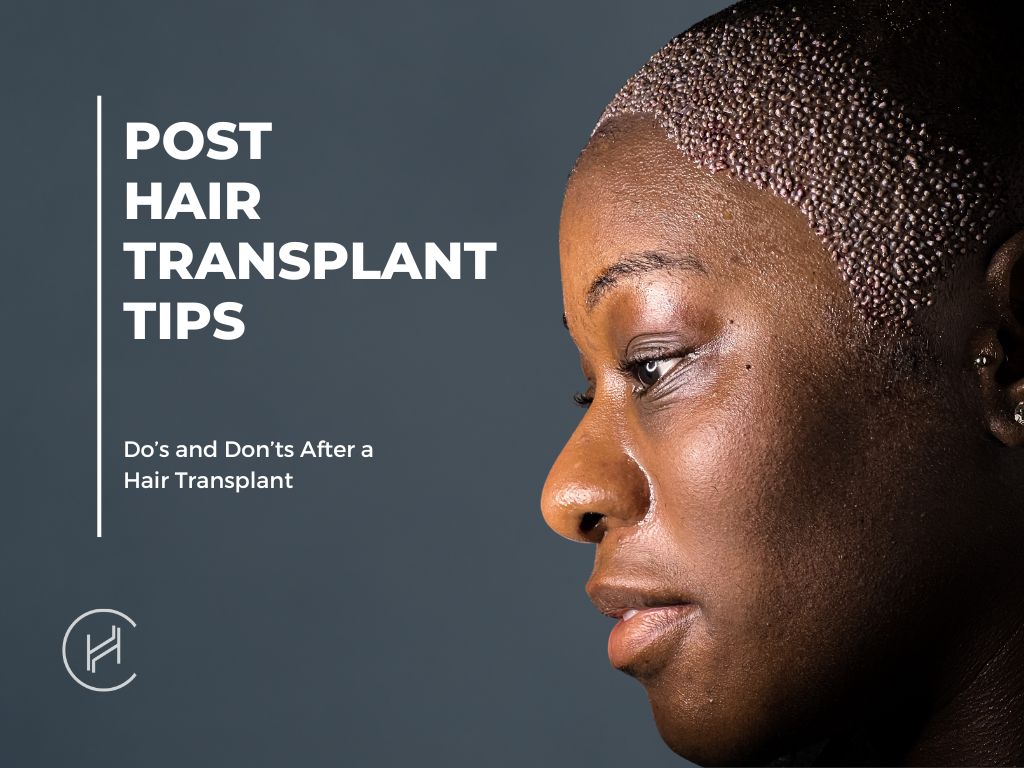
Hair transplant has become one of the most popular aesthetic operations of the 21st century. The number of people resorting to hair transplants has dramatically increased with the technological improvements in hair transplant procedures. Most of these people usually conduct thorough research on how hair transplant operation works and the expected results. However, the matter of aftercare is often overlooked.
Post-Hair Transplant Tips
If you are one of those people who have gone through or planning a hair transplant operation and have no idea about aftercare, these quick tips on dos and don’ts after a hair transplant.
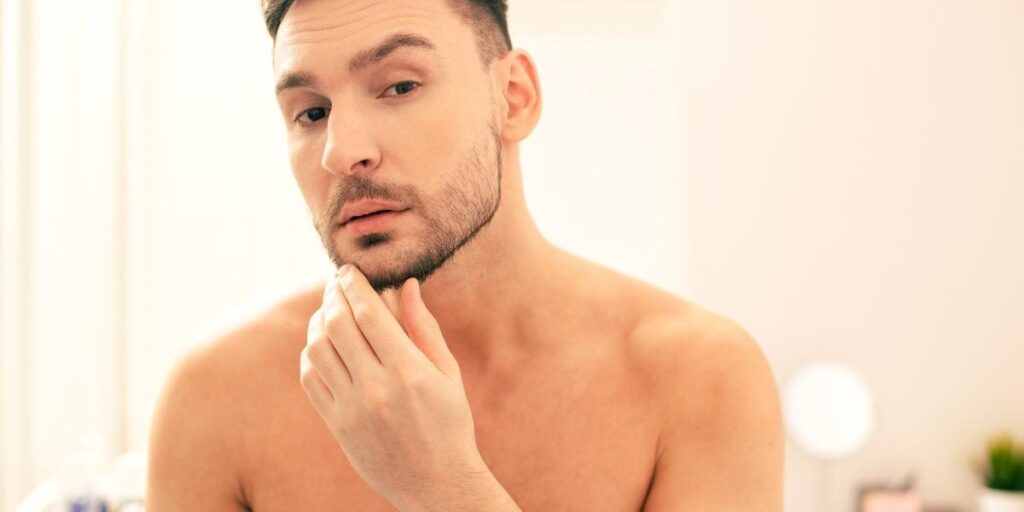
When can I wash my hair normally after a hair transplant?
Thanks to the new and improved techniques, you are able to move on with your life in a short amount of time after your surgery. Generally, it is advised to give your scalp a little bit of a break after the surgery. So, be prepared to not wash your hair for 24 hours. Your initial wash will be done at the clinic. You can gently wash your hair on the day 3.
Be careful not to put the water stream directly on your head and avoid using too hot or cold water. After you get rid of the scabs, which coincides the day 10, the sensitivity will ease and you can start to wash your hair normally.
How to sleep after a hair transplant?
How you sleep after a hair transplant operation can greatly affect your comfort and the results of your transplant. For the first few nights after your surgery, you should keep your head slightly elevated while sleeping. This helps to reduce swelling on your scalp and have a more comfortable post-surgery recovery period.
Be careful not to cause any friction on the transplant areas to avoid any graft fall out and irritation. Try to sleep on your back for the first week to protect the recipient area and the transplanted hair grafts. So please avoid sleeping on your stomach at least for a week.

Can you wear a hat after a hair transplant?
After your hair transplant, you might want to cover or hide the area for different reasons and wonder if wearing a hat can create any problems.
Essentially, it takes 3 days for transplanted hair grafts to be secured after the operation. It is advisable to wait for them to settle into their place before putting any pressure on the grafts. Your surgeon can even advise you to wait for 10 days before wearing a hat after hair transplant. You should wait at least 4 weeks to wear a helmet.
How long should you avoid sun exposure after a hair transplant?
After a hair transplant surgery, your scalp will be much more prone to sunburn than normal. This is why it is advised to avoid direct sun exposure for 2 weeks after the operation.
If you have to be outside during this time, make sure that it is for a short amount of time and cover up the area with a hat or bandana. If you still feel irritation, swelling, or sensitivity, you should contact your medical consultant. You should still be cautious to avoid any sun damage for at least 3 months.
Keep in mind that you should wait for your minor scars to completely heal before you can apply sunscreen. You can continue to use sunscreen until your hair reaches a substantial length that covers the area.

Is sweating bad after a hair transplant?
Even though sweating does not cause hair grafts to fall out or affects the settling of the new hair follicles, it may create a welcoming environment for infection and irritation. This is why you should be avoiding activities that involve heavy sweating. Try to avoid heavy workouts, steam rooms, or similar activities for at least a month.
Can I use hair fibres after a hair transplant?
The good news is that yes, you can use hair fibres, such as toppik, once you are fully recovered. The final result of the hair transplant can be assessed after about 12 months. However, many patients tend to use thickening keratin fibres after a hair transplant surgery. However, it is suggested to wait at least 3 months, ideally 6 months before using keratin fibres for your hair. They might stick to the scalp and damage hypersensitive skin and insufficiently embedded grafts. For a successful hair transplant, consult your healthcare professional before using keratin fibres.
Can I consume alcohol after a hair transplant?
Drinking alcohol after your hair transplant procedure can affect the blood flow to your scalp and interfere with the healing process. This is why it is often advised to stay away from alcoholic drinks for at least a week, ideally two weeks after your surgery or until your healing process is complete.
How long after the hair transplant can I drink coffee?
Can’t wait for your caffeine after a hair transplant? It’s not strictly prohibited to stop drinking coffee after your surgery, but better not to drink coffee with caffeine for 1-2 days as it may encourage bleeding. You can drink coffee without caffeine anytime after your operation as it does not interfere with the recovery process.
How long after a hair transplant can I get a haircut?
You might be eager to style your hair after your hair transplant procedure. However, you should give your hair some time to adjust and recover after the surgery. It is usually advisable to wait for at least 1 month before you can get a haircut after a hair transplant.
When can I use clippers after a hair transplant?
It is important to be gentle with your hair after your operation to avoid any damage to the area. Using clippers anywhere outside the transplant area is safe once your scabs are gone. However, you should wait a little bit longer for the transplanted area to allow your newly transplanted hair to settle in securely. This might take anywhere between 2-3 months before using clippers on your transplanted hair.
Can I use hair spray after a hair transplant?
Because your scalp might be irritable after a hair transplant operation, you should be careful which products you use. Hair sprays are usually full of harsh chemicals that can cause irritation or penetrate your skin through open pores. You should avoid using hair spray for about 3 months after your surgery and consult with your surgeon before starting to use any styling products.
How long after a hair transplant can I start to workout?
It is advisable to have a break from your workouts for a month after your hair transplant. This is because high-impact workouts such as lifting weights can cause excessive sweating which creates a welcoming environment for inflammation. On the other hand, strenuous workouts such as running significantly increase blood pressure which can interfere with recovery. After approximately 2 weeks of your surgery, you can slowly start to get back to your workout routine and you will be safe to work out after one month.
How long after the hair transplant can I go to work?
It’s up to you. You can wait until you get some rest, and there is nothing that should prevent you from going back to work after your hair transplant. You may want to take a couple of days off to properly rest and allow your body to recover.
If your job requires you to wear a helmet or work in a dusty environment, please talk to your medical consultant to find the best option to continue working after your procedure.
Can I have sex after a hair transplant?
Having sex right after a hair transplant operation is not advised. Because sexual activity often causes changes in blood pressure it can affect the blood flow to your scalp and interfere with the growth of your newly transplanted hair grafts. Sexual activities can also cause excessive sweating and create an invitation for infection. Furthermore, you can damage vulnerable hair grafts and wounded areas of your scalp if any accidents occur during sex.
For these reasons, surgeons often advise avoiding sexual activity for approximately 10 days after a hair transplant operation.
When can I start smoking after a hair transplant?
Since smoking affects blood circulation and blood flow to the hair follicles, it is advised avoid smoking completely after your hair transplant. Even though the longer you don’t smoke the better it is for your hair, you should wait at least 2-3 days after your hair transplant.
When can I get a PRP after a hair transplant?
PRP hair treatment can improve the results of the hair transplant operation. You can start your sessions 10 days after your surgery. Make sure to consult with your surgeon before you start a PRP treatment to ensure that your scalp and hair are ready for the treatment.
Can I fly after a hair transplant?
There are no restrictions for flying after a hair transplant. The only disadvantage could be the cabin pressure which may cause swelling. The majority of patients fly after hair transplant and there’s no reported side effects of flying.
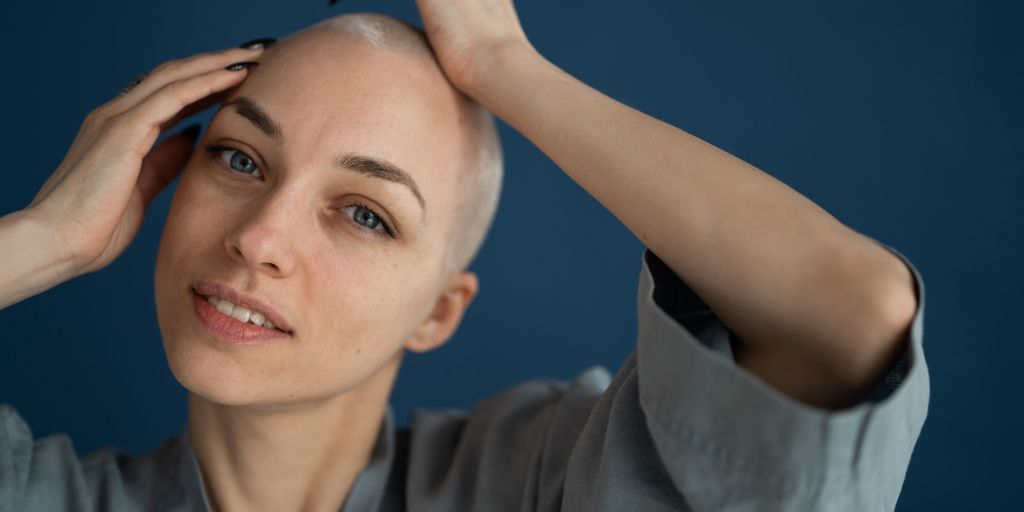
Can I touch my head after a hair transplant?
Yes, you can gently touch your head after a hair transplant as long as your hands are clean. See below for the three most asked questions about touching the head after the procedure.
When can I scratch my head after a hair transplant?
Scratching can damage the transplanted hair grafts. This is why it is important to avoid scratching your head during the recovery period even though it might be tempting. Wait at least a month before you can scratch your head.
Can I massage my head after a hair transplant?
Even though massaging your head can be beneficial for blood circulation and hair growth, you should wait until the hair grafts are securely settled into place before you massage your scalp. This can take around 10-12 days after which you can start to gently massage the area.
Is it ok to pop pimples after a hair transplant?
It is not okay to pop pimples after a hair transplant since it can cause inflammation and damage the hair follicles. You can use ointments that your surgeon recommends in order to prevent pimples.
Should I remove scabs after a hair transplant?
Scabs are a part of the recovery period. Though it might be tempting, you should not remove scabs for 10 days after a hair transplant. After the 10th day, you can get rid of scabs by using a foam that is provided like the example video below.
What are potential post-operation infection risks?
Even though it is considered to be a non-invasive one, a hair transplant is still a surgery. Naturally, it bears some risks and requires a meticulous approach. Fortunately, hair transplant only involves micro incisions; therefore the risk of infection is quite low. The main cause of infection during or after a hair transplant operation is unsanitary conditions.
To avoid any possible infection, make sure that the operation is done in a sterile surgery room, avoid touching your scalp after your surgery to prevent spreading germs, do not pick on the scabs or scratch your head, and avoid smoking and alcohol as these substances are known to interfere with the healing process. Make sure you follow your surgeon’s aftercare instructions to minimise the infection risk. Heva Clinic always prioritises health and safety, you can be sure that you will achieve the best results in the safest way!


